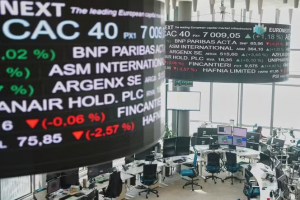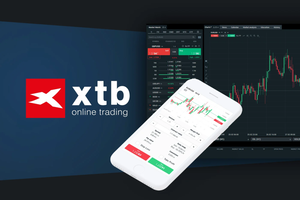Oil prices fell Tuesday, cooling after a strong rebound in recent sessions with traders seeking more cues on production disruptions in Libya and a wider war in the Middle East.
At 07:35 ET (11:35 GMT), Brent oil futures fell 0.5% to $79.98 a barrel, while West Texas Intermediate crude futures fell 0.5% to $77.02 a barrel.
Both crude benchmarks have rebounded some 7% over the past three sessions, rebounding from their lowest levels since early January, driven by expectations of U.S. interest rate cuts that could boost fuel demand, potential closures of Libyan oilfields and concerns over a wider Middle East conflict potentially disrupting supply from the key producing region.
This has resulted in some profit-taking Tuesday. although losses are minor given the sharp recent rise.
Libya output suspended amid row over central bank Reports showed oilfields in eastern Libya - which make up nearly all of the country’s crude output - will be closed, while exports will be halted amid an escalating row over the leadership of the Libyan central bank.
Eastern and Western factions in the country were seen mobilizing military forces amid calls for the ouster of Central Bank of Libya head Sadiq Al-Kabir. The central bank is the only internationally recognized depository for payments for oil exports from Libya.
Libyan oil output stood at nearly 1.2 million barrels per day in July, recent data from the Organization of Petroleum Exporting Countries (OPEC) showed.
Any extended disruptions in oil supplies present tighter global oil markets, and also come amid signs of resilient U.S. fuel demand.
“How significant it is for prices will depend on the duration of the stoppage. A prolonged outage will leave the market in a deeper deficit,” said analysts at ING, in a note.
Middle East tensions persist amid no Gaza ceasefire Concerns over a broader war in the Middle East, after Israel and Hamas did not reach a ceasefire agreement over the weekend, also kept traders attaching a risk premium to oil.
Israel launched a preemptive strike against targets in Lebanon, while the Hezbollah group launched some rocket strikes on parts of Israel.
While both sides signaled they did not seek a further escalation, the strikes further undermined progress towards a potential ceasefire.
Dollar recovery stalls crude rally While expectations over a September interest rate cut remained in play, the dollar recovered some ground from recent losses on Monday, aided by safe haven demand.
Strength in the dollar stalled crude’s advance, given that a stronger dollar makes oil more expensive for foreign buyers.
Goldman cuts Brent target range Goldman Sachs has lowered its expected trading range for Brent crude oil prices, to $70-$85 per barrel, a cut of $5 per barrel from previous estimates.
The updated forecast underscores Goldman Sachs' cautious outlook on global oil markets.
One of the primary drivers behind the decision is the unexpected stability in OPEC commercial inventories. Contrary to earlier expectations of drawdowns during the summer months, inventories have remained higher than anticipated.
This stability is largely attributed to a surge in U.S. liquids supply, which has offset some of the seasonal demand.
Additionally, weaker demand growth from China has played a crucial role in this inventory buildup. Together, these factors have contributed approximately $3-$4 per barrel to the downward revision of the Brent price range.
The increase in U.S. oil production has also had a significant impact on Goldman Sachs' revised forecast.













